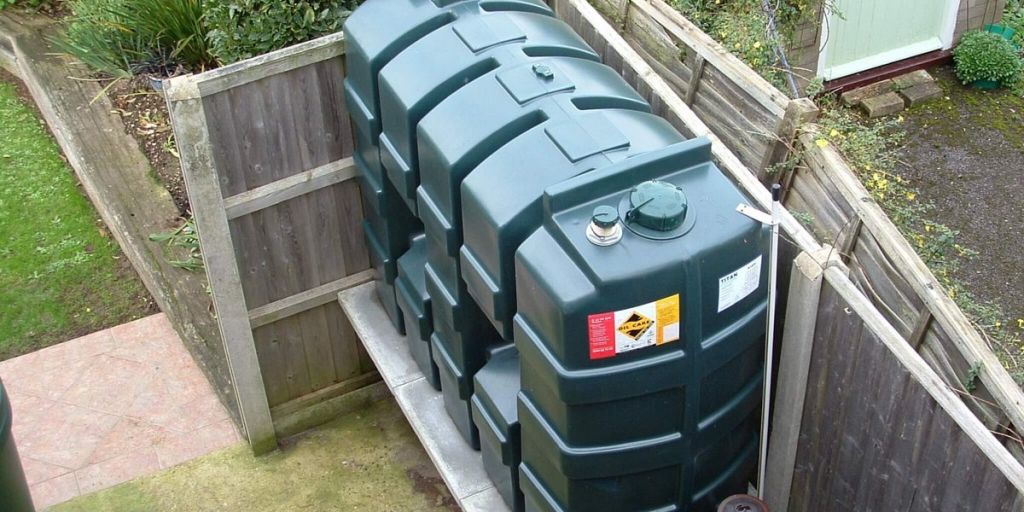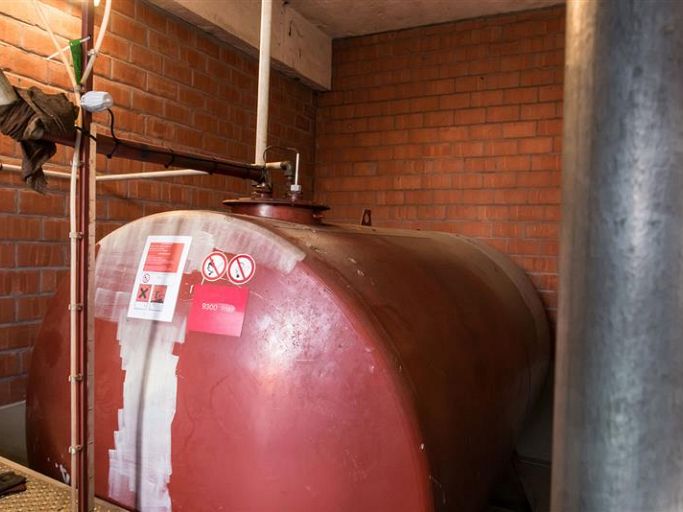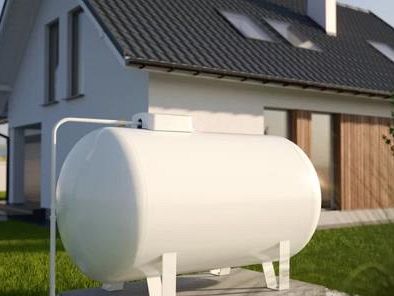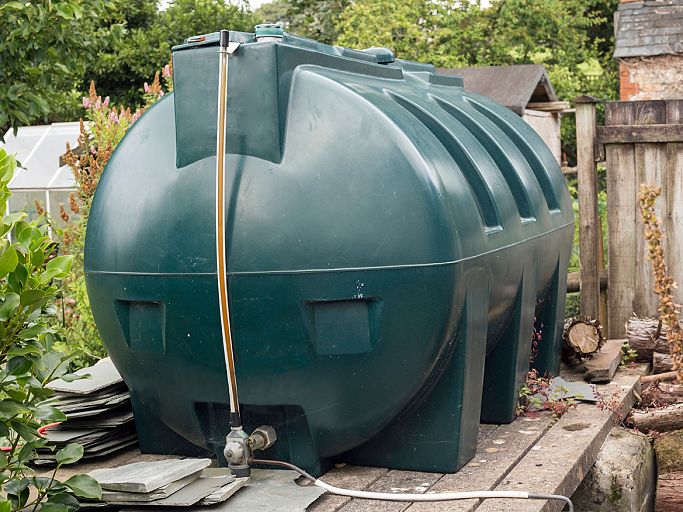- Oil
- Diesel
- Petrol
- AdBlue
- Water
- Sewage
- Hot Water Cylinders
-
Brands
- New Releases
- In Stock
- Sale
- Best Sellers
- Fuel Tank Hire
- More
-
Services
Domestic Oil Tank Installation: What You Need to Know
30th November 2022 in oil

When you have an domestic oil tank installation booked to take place at your domestic property, are there rules and regulations you must adhere to? Yes, there are – and in this blog we’ll briefly explain what you must comply with to remain within the parameters of the law, including how far away from your house oil tanks must be, and why.
Pre-existing Tanks
First of all, what about if you move to a property which already has oil tanks on site. Is there anything you need to do? It’s crucial to check for things like the integrity of seals and pipework, the fit of the cap on the oil tank, and whether the tank has any cracks or holes. It might be wise to organise an inspection. You could do this yourself, of course, or you could ‘call in the experts’ – i.e. an OFTEC registered engineer.
As it stands, it’s not mandatory to upgrade a tank because it is unsafe. However it’s highly advisable to do so because causing pollution, i.e. damaging the environment, is illegal and so you can face large fines and criminal prosecution for breaking the law by failing to prevent an oil spill. Taking out insurance against this possibility will help you achieve peace of mind. Oil tanks such as bunded oil tanks will be inspected annually by an engineer as part of the T&Cs, and if there are any issues which require maintenance and repair, they will be identified, and you can get them carried out.
Domestic Oil Tank Installation
If you have a new tank fitted (or, indeed, if you are the engineer fitting one), whether it is steel, plastic or a bunded oil tank, then there are minimum building control standards to meet and to adhere to. These are the rules which cover things such as how close the tank is sited to buildings. The following requirements are given as a guide:
External Position Requirements
- 1.8m away from doors or windows in a fire-rated structure (for example, your house or an out-building).
- 760mm from a boundary.
- If you wish to place a screen your tank around your tank to help deter and prevent theft, it can be no closer than 600mm from the tank (unless it forms a section of the boundary, in which case it must be 760mm).
- 1.8m away from a non-fire rated building or structure (for example, a garden shed).
- 1.8m away from the boiler’s flue terminal.
- 50m away from a spring, well or borehole.
- 10m away from a water course (for example, a river, stream, pond or drain).
- Away from anywhere spilt oil could enter drains, manholes or pollute ground water.
- Away from anywhere that is as risk of flooding.
Tank Base
The oil tank which is installed must be positioned on a fireproof base. This base is most commonly concrete or stone slabbing, and it must be at least 50mm thick. The base must extend 30cm (i.e. 1ft) around the perimeter of the oil tank. This regulation is partly designed so that the tank doesn’t become overgrown by shrubbery (etc), which would be a fire hazard.
Siting an Oil Tank Indoors
- Capacity must be lower than 3,500 litres to store inside a building.
- Must be contained in a one-hour fire resistant chamber.
- Room must be vented, and boiler sited at lowest possible point.
Underground Tanks
Some oil tank installation are taken place underground, and these are obviously also subject to regulations as there is environmental risk which can be harder to detect. It’s recommended that specialist engineers only undertake this work or advise you in advance of it.
There are also compliances for any pipework associated with your tank, which must be adhered to. These are to prevent the possibility of leakages and ensure the reliability of your system. Once again it is advisable to only have qualified engineers fitting or repairing your pipes. Any loss of oil supply or interruptions caused by air gaps could be due to a faulty installation (should you try to do it yourself).
Pipes and Valves
- Plastic-coated soft copper tube without joins. These bendable pipes can run overground or underground. Plastic pipes can also be used but only underground.
- Pipes should take the most direct route between the tank and the burner, if possible.
- Overground pipes should avoid high and low points, trip hazards or contact with anything which could cause damage.
- External pipe should be attached to permanent structures (for example a wall rather than a fence).
- The trench for buried pipes should be 450mm.
- Oil pipes into buildings should be sleeved as they enter the building.
- Pipework should rise externally before entering the building.
- A remote fire valve should be fitted at the entry point. This will cut off the oil to the boiler if it rises above 85 degrees. Fire valves must be fitted externally to all new boiler and oil tank installations and can be fitted internally to existing oil boiler installations.
The regulations surrounding the use of oil tanks at a domestic property are designed to protect you, the householder, and the environment around you. Please adhere to them. Our experts will be happy to discuss any specific issues which may arise from, or affect, siting plastic bunded oil tanks or any other oil storage tanks at your property. Simply get in touch…
One of the largest selections of tanks in the UK
Chat online or call us today on 01469 531229
Related Products
More Articles

How to Prevent Oil Theft – 8 Security Measures
1st August 2022 in oil

7 signs your oil tank needs replacing
4th August 2022 in oil

What are the advantages of a bunded oil tank?
6th August 2022 in oil

Our top 8 ways to maintain your oil tank
8th August 2022 in oil
Help
About Us
My Account
Newsletter Sign Up
Inspiration direct to your inbox, please enter your email below...
Help About Us My Account
© Tanks R Us. All rights reserved. Registered in England. Registration number. 05804332. VAT number 364402764
Designed and produced by Kal Group